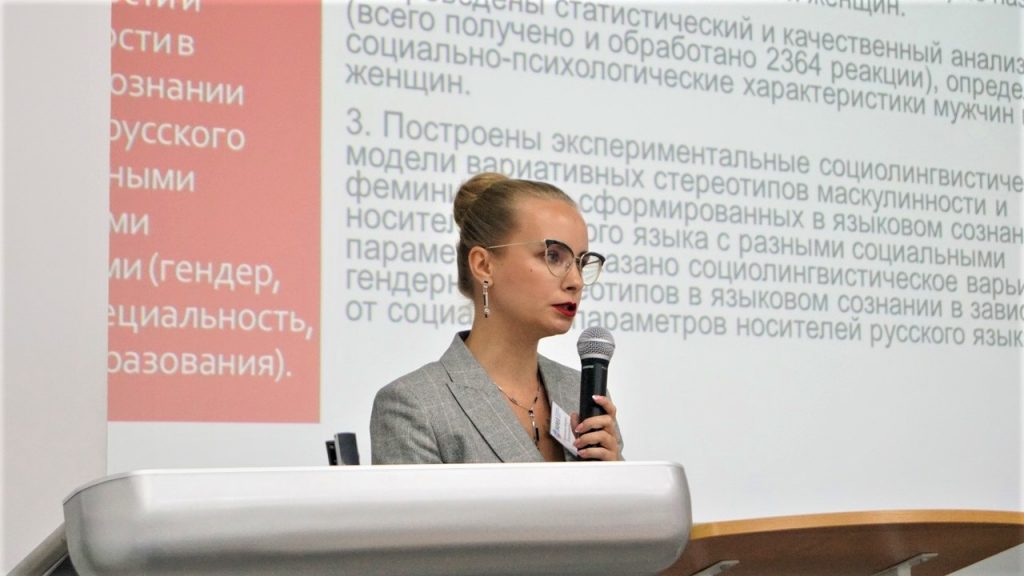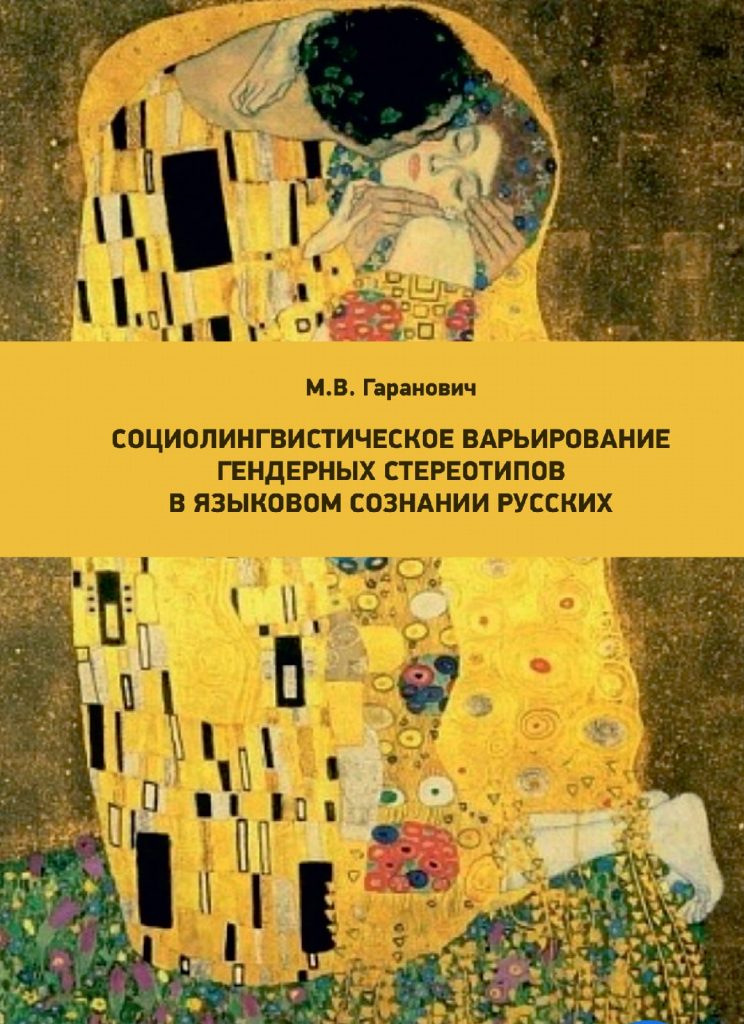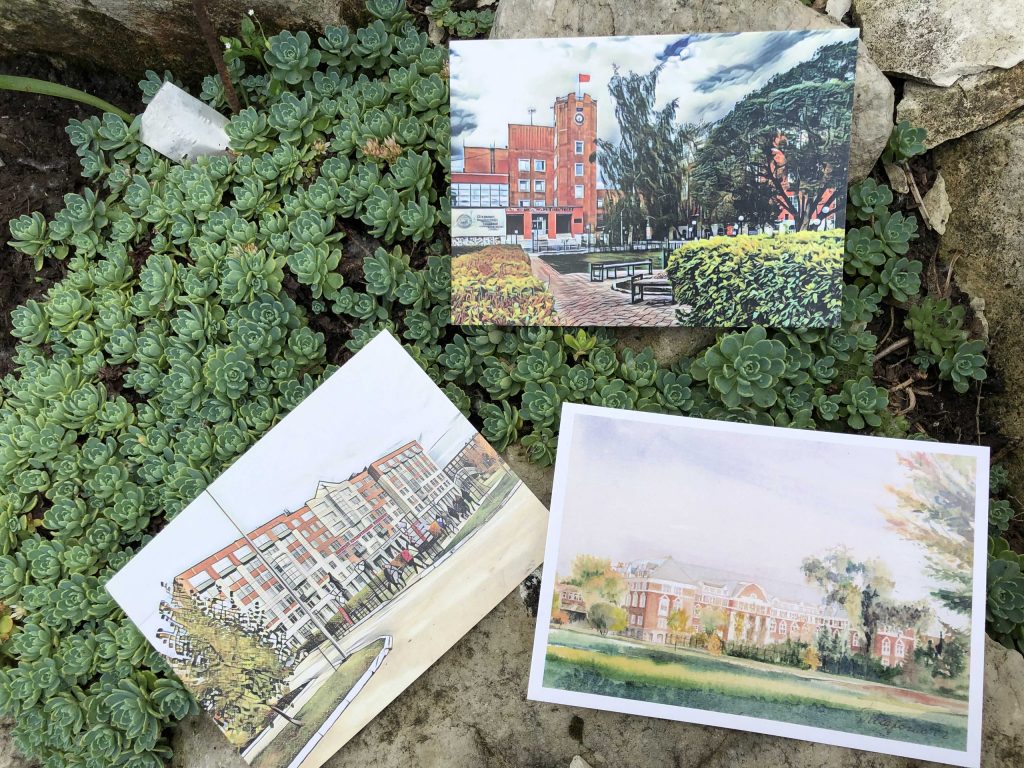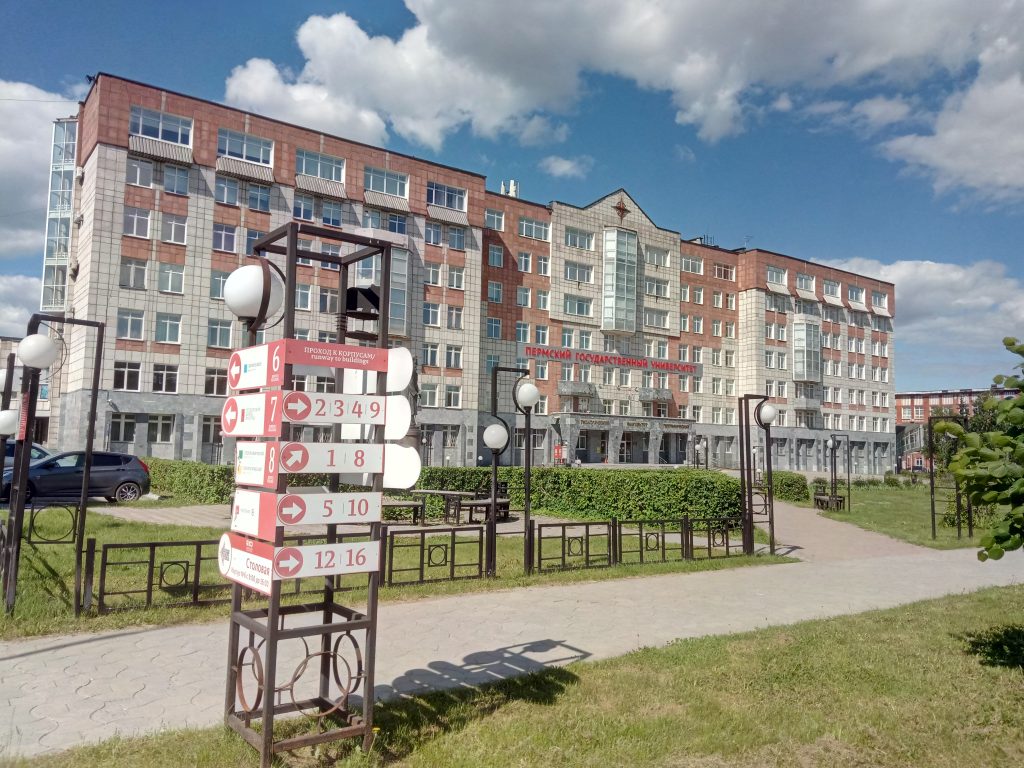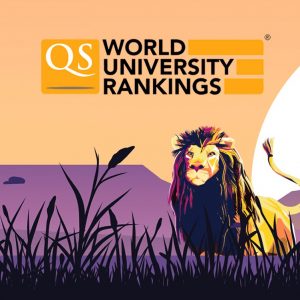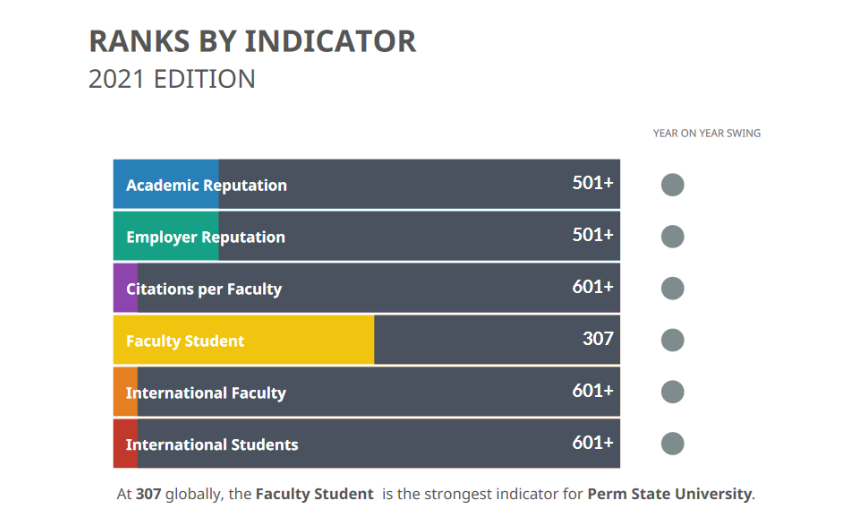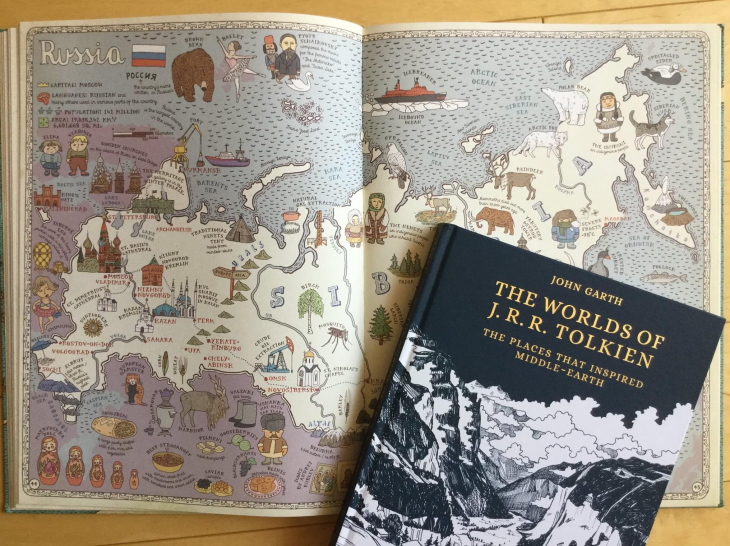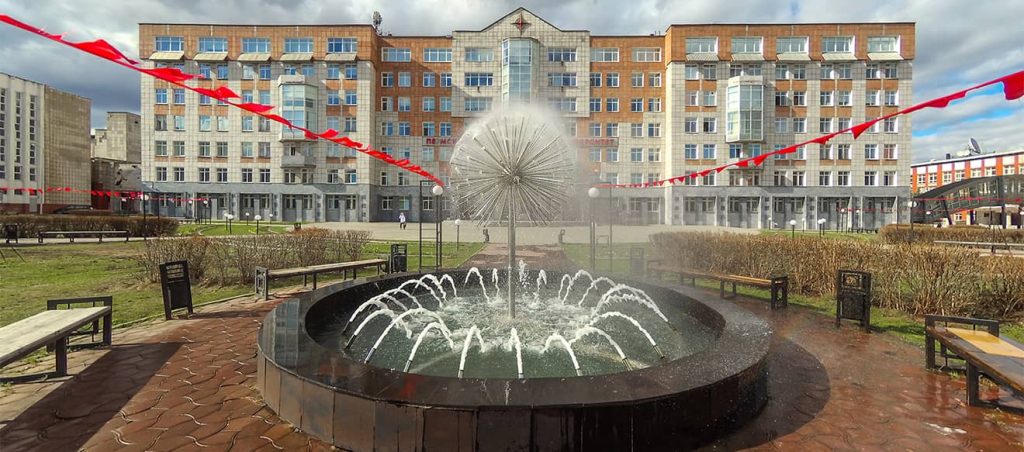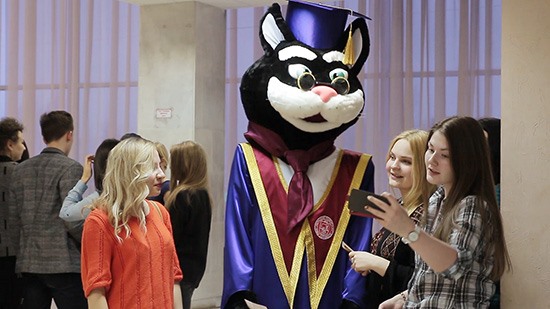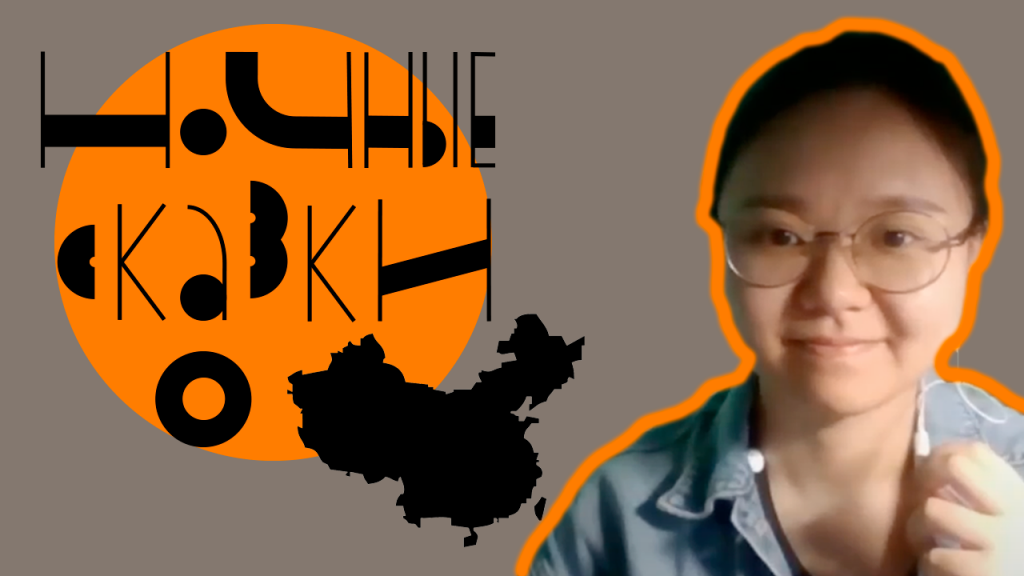PSU Strikes Agreement with Worcester, UK, Offers New MA Programs
Interested in studying in Britain? Keen on Economics? Choosing a new master’s course? Read and apply!
The Faculty of Economics, PSU is expanding its cooperation with the Worcester Business School – University of Worcester (UK).
In 2020, the Faculty of Economics, PSU introduces a new Double Degree program, titled “Perm State National Research University – University of Worcester”.
On 23 June, 2020, a cooperation agreement was signed between PSU and the University of Worcester. The University of Worcester was founded in 1946; it is a long-standing PSU partner. The University of Worcester is known as a close-knit and successful community, supporting students to succeed at various educational and research levels.
“Cooperation with UK universities under the Double Diploma program has been one of priorities of our Faculty, and overall PSU international cooperation. Yet, uniting both classic and modern educational approach in education is not new for us. Since 1998, our Faculty has been collaborating with leading universities in the UK,”
Mikhail Gorodilov, Dean of the Faculty of Economics

The University of Worcester offers full-time master’s programs in economics for our students, in cooperation with PSU Faculty of Economics, to mention the International Management MSc, Human Resource Management MSc, and MBA (Master of Business Administration). For the first time, our students will receive a scholarship of £2000-3000! The duration of study in England is 8-9 months. The target audience is bachelors and specialists who have entered any MA course at the Faculty of Economics, PSU.
“We regard this program as fresh and attractive. It also gains popularity among our students. At the moment, we offer 3 different joint programs to choose from. The University of Worcester scholarship will also be awarded to our students for the first time. Haven opened that brand new direction since June 2020, we hope for an uprising interest among the new applicants of our MA courses”
says Ekaterina Chuchulina, head of the Project Office for International Cooperation
For further information on the University of Worcester-PSU MA courses, please contact:
Project Office for International Cooperation,
Perm State National Research University,
Faculty of Economics, building 12, office. 203
Ekaterina Chuchulina, Office Head (Whats App,Viber), tel.: 8 (922) 357-67-57
E-mail: chuchulina.ekaterina@yandex.ru
instagramm: International_economPSU.

